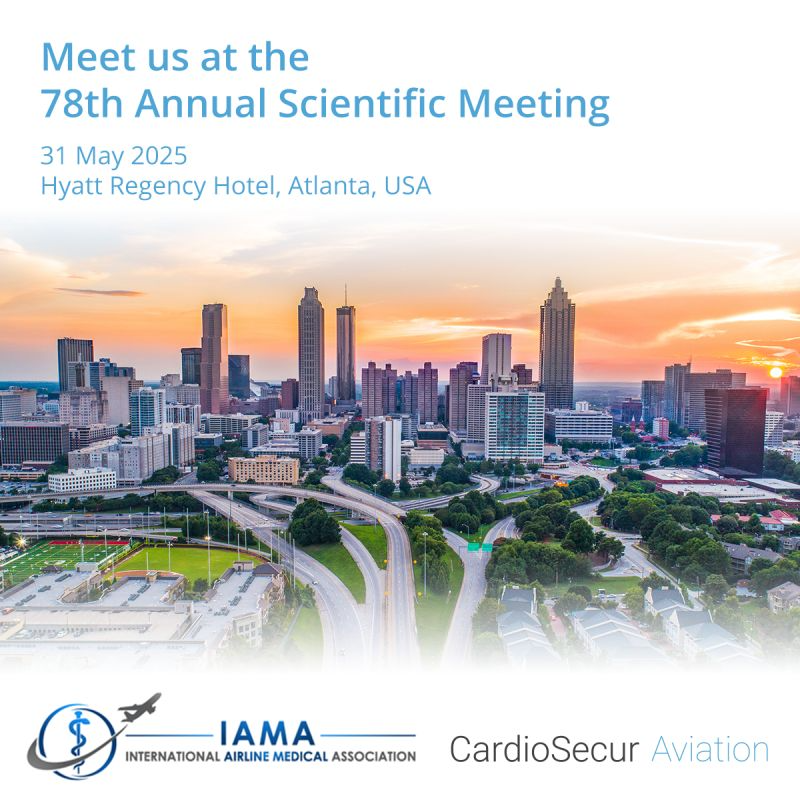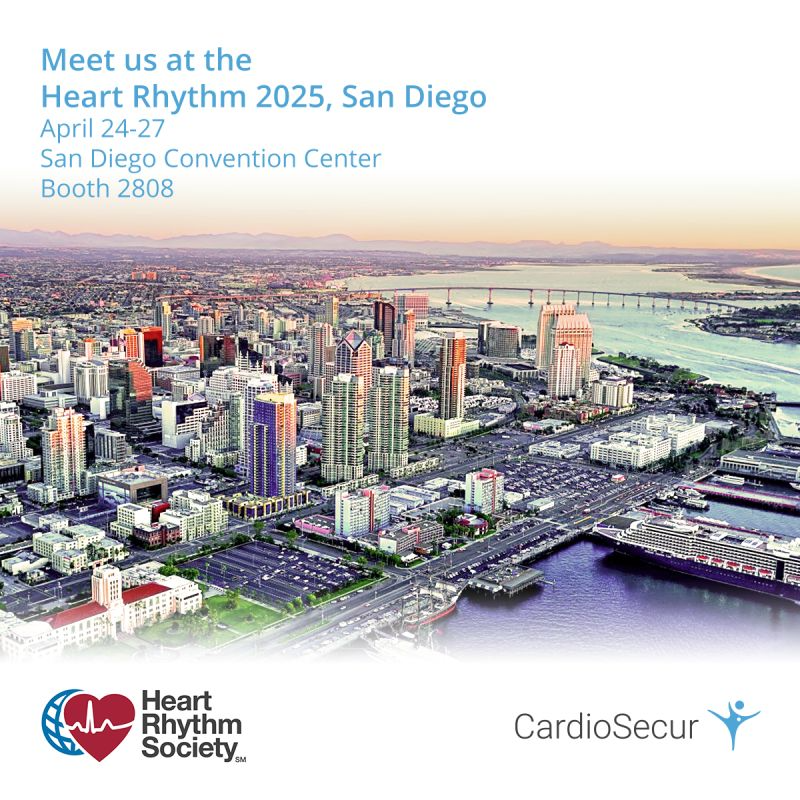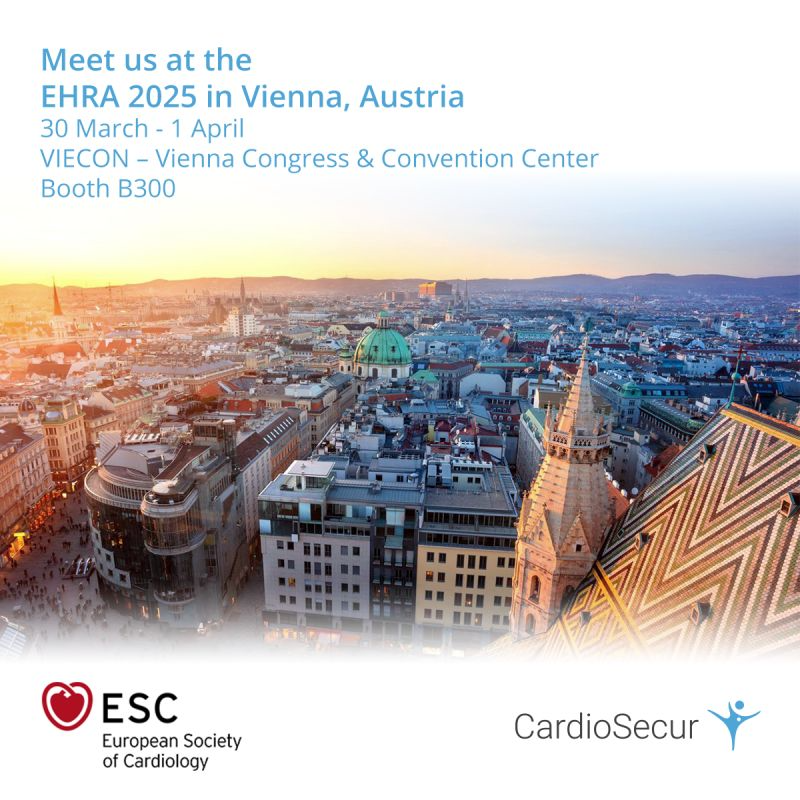
Stroke Caused by Atrial Fibrillation
October 29th, 2015
Due to today’s world stroke day, we dedicate this blog post to the topic: "stroke caused by atrial fibrillation." Atrial fibrillation refers to the most common type of cardiac arrhythmia that may cause the formation of blood clots in the heart. In atrial fibrillation the atria do not pull together completely, so that the pumping function of the heart is briefly interrupted. As a result, some of the blood collects in the atria and is not transported into the heart ventricle and thus into the body. If the blood collects in the atria, the coagulation starts and blood clots are forming. These can be transported to the brain, where they might interrupt the oxygen and nutrient supply. The consequence: A stroke, by which brain cells and nerve cells die off, which can lead to the failure of certain body functions. Depending on the extent of the damage, a stroke can have serious consequences, such as disability or death.
Facts:- Stroke is one of the 10 leading causes of death in Germany
- The risk of stroke is a five times higher for people with atrial fibrillation
- Atrial fibrillation is not always accompanied with symptoms
- 20 percent of all strokes can be attributed to atrial fibrillation
- Risk factors: High blood pressure, obesity, smoking, diabetes mellitus, lack of exercise and disorders of fat metabolism.



